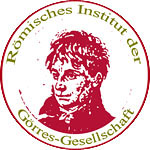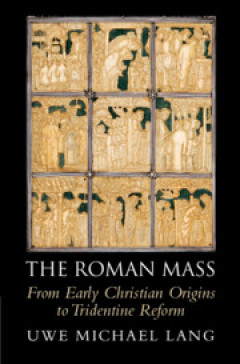Uwe Michael Lang: The Roman Mass
Historical liturgical research on the Latin rites is experiencing a renaissance in the English-speaking world. This is also reflected in the latest publication by the London church historian Uwe Michael Lang: his 445-page study "The Roman Mass. From Early Christian Origins to Tridentine Reform" (Cambridge University Press).
This undoubtedly expensive book ($ 120) is nonetheless indispensable and indispensable. It represents, in the best sense, an extremely sober and straightforward Anglo-Saxon scholarly tradition with a clear view of the historical whole. In the process, grey areas and question marks in the history of liturgy are clearly named. At the same time, the Roman rite does not appear as an arbitrary product of chance, but rather as a historically evolved rite that has functioned and developed for centuries in its capacity as a rite and is therefore to be taken seriously.
Lang does not serve the romantic stereotype that the liturgy of the Middle Ages and Baroque was a constant apostasy from an ideal liturgy, but rather he attempts - entirely in the spirit of the golden decades of the liturgical movement, for example of Edmond Bishop and Cunibert Mohlberg -, to make the later understandable from the earlier, to understand the Tridentine liturgy as a living tradition of a changing society of the Middle Ages, which is attached to its liturgy, and in doing so to offer access to a spiritual appreciation which can even give nourishment to people today.
Lang's particular concern is to include music, architecture, language (elevated Latinity), church furnishings and art in the consideration, i.e. by no means to provide a pure history of the rite. He has thus created a basis on which future research can build.
Lang ends with the Council of Trent. Contrary to his intention, this could give the impression that with Trent the liturgy had finally frozen and was no longer capable of development and plurality. But the post-Tridentine liturgy was undoubtedly not as uniform as some people think. Therefore, one should be curious whether this book will find a continuation up to the Second Vatican Council.
- Details
- Written by: Stefan Heid
- Category: Recommended reading
 Römisches Institut der Görres-Gesellschaft
Römisches Institut der Görres-Gesellschaft







